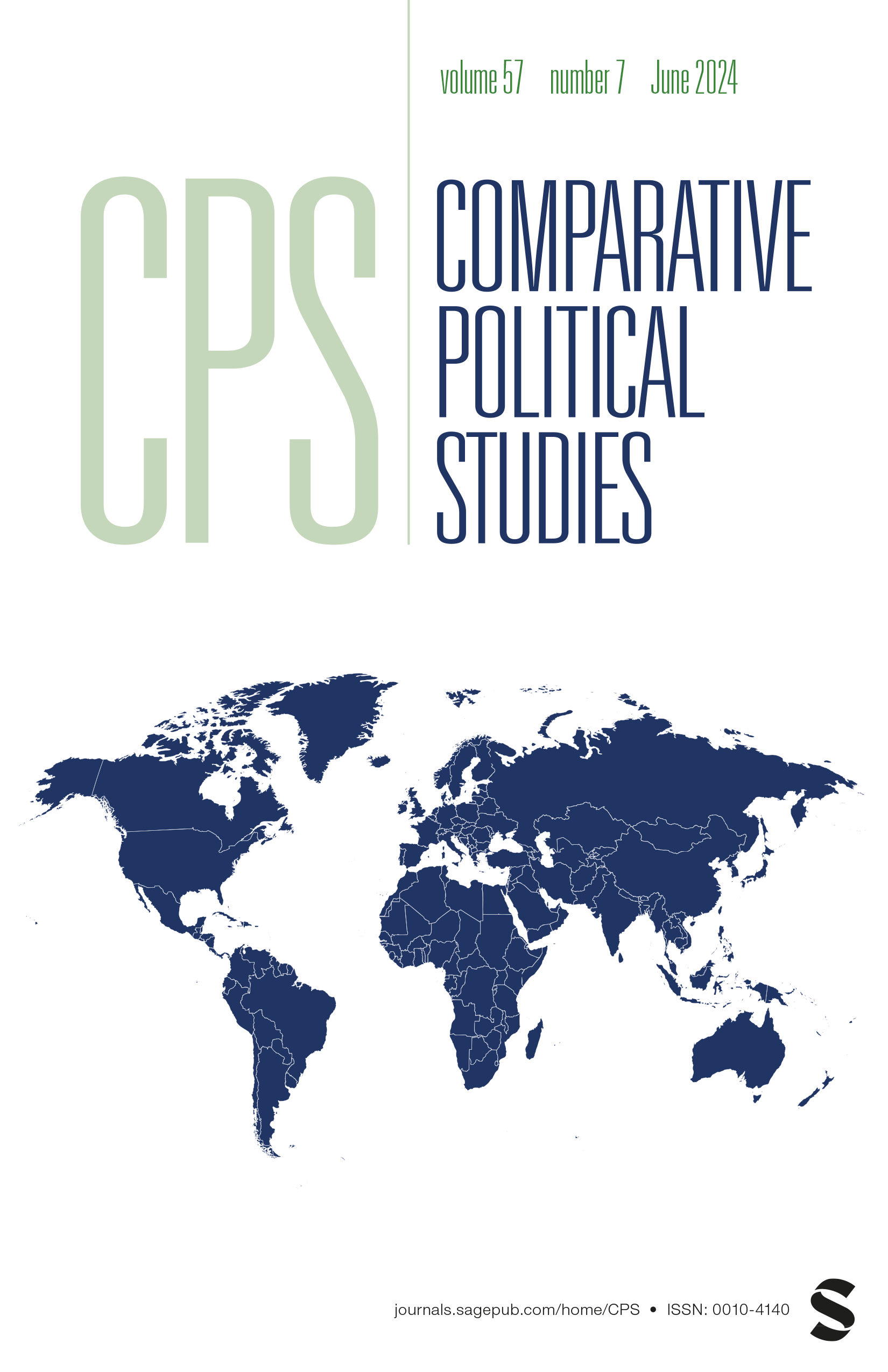Why Corporate Political Connections Can Impede Investment
IF 3.4
1区 社会学
Q1 POLITICAL SCIENCE
引用次数: 0
Abstract
In this experiment, we manipulate corporate political connections to assess whether a company’s political influence serves as a barrier or an inducement to investment. We utilize survey data from 3329 firm employees and managers across Venezuela, Ukraine, and Egypt. Overall, our findings suggest that respondents generally prefer not to invest in companies with political connections. Interestingly, this aversion is conditional on the respondent’s company’s own level of political connection: individuals from highly connected companies do not penalize connected companies as investment choices. In contrast, those from less-connected companies are inclined to invest in companies without political connections. We theorize that this pattern is rooted in differences in how companies with varying levels of connections manage liabilities. Our data reveal that connected companies are more likely to employ informal, rather than formal, mechanisms to resolve disputes. We argue that unconnected investors likely prefer investing in unconnected companies to better ensure that their property rights are safeguarded.为什么企业政治关系会阻碍投资
在这个实验中,我们操纵公司的政治关系来评估公司的政治影响力是作为投资的障碍还是诱因。我们利用来自委内瑞拉、乌克兰和埃及的3329名公司员工和管理人员的调查数据。总体而言,我们的研究结果表明,受访者普遍不愿投资有政治关系的公司。有趣的是,这种厌恶取决于受访者所在公司自身的政治关系水平:来自高度关联公司的个人不会因为投资选择而惩罚关联公司。相比之下,那些来自人脉较少的公司的投资者则倾向于投资那些没有政治人脉的公司。我们的理论认为,这种模式的根源在于不同联系程度的公司管理负债的方式存在差异。我们的数据显示,关联企业更有可能采用非正式而非正式的机制来解决纠纷。我们认为,没有关联的投资者可能更愿意投资于没有关联的公司,以更好地确保他们的产权得到保护。
本文章由计算机程序翻译,如有差异,请以英文原文为准。
求助全文
约1分钟内获得全文
求助全文
来源期刊

Comparative Political Studies
POLITICAL SCIENCE-
CiteScore
8.40
自引率
4.00%
发文量
69
期刊介绍:
Comparative Political Studies is a journal of social and political science which publishes scholarly work on comparative politics at both the cross-national and intra-national levels. We are particularly interested in articles which have an innovative theoretical argument and are based on sound and original empirical research. We also encourage submissions about comparative methodology, particularly when methodological arguments are closely linked with substantive issues in the field.
 求助内容:
求助内容: 应助结果提醒方式:
应助结果提醒方式:


